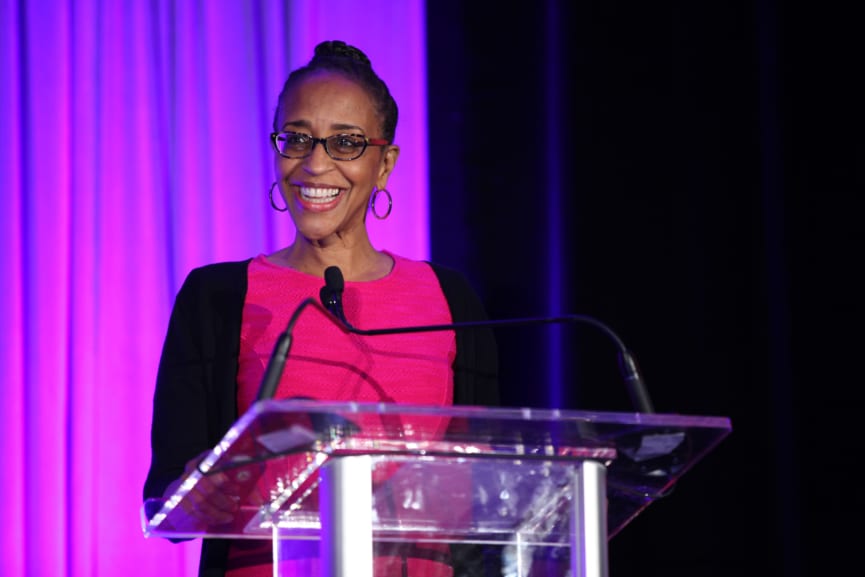Dear Colleagues,
Our nation is being called to accountability for systemic racism. While the process of acknowledging, reckoning and dismantling systemic racism is difficult, we are now on the precipice of, perhaps, the most critical moment for philanthropy to seize the opportunity for impact and sustainable structural change. We know that to do so requires an approach that considers the complexity of our lives and the power of our intersecting identities.
Black women play a unique role in philanthropy, both as individuals and as organization and foundation leaders. Women of color, and Black women in particular, have a history of generous giving that has fueled movements. Suffrage, civil rights, #meToo, Black Lives Matter — in all of these movements, Black women have been on the forefront of democratizing philanthropy for social, economic and political justice.
The facts speak for themselves:
- Black households give 25% more of their income annually than white households.
- Nearly two-thirds of Black households donate to organizations and causes.
- Black households donate $11 billion each year.
According to the Women’s Philanthropy Institute, Black women are redefining what it means to be philanthropists. In their “Women Give 2019” report, they found that whether through crowdfunding, mobile apps, or creating new initiatives to directly impact their communities, Black women are successfully navigating traditional and nontraditional philanthropic efforts to create change.
In observance of Black Philanthropy Month, the Women’s Funding Network hosted the “Black Women Leading Change in Philanthropy” webinar, yesterday. With hundreds in attendance, a panel of gifted Black women leaders — including Michelle J. Depass, LaTanya Mapp Frett, Monique W. Morris, Ed. D. and Alandra L. Washington — shared their insights and strategies while challenging us to amplify and center Black women’s leadership in our own organizations and institutions. The Women’s Funding Network will share our learning from this dynamic session and draft a statement of commitments, values and practices that our members can sign-on to and leverage locally and within your regions.
Intersectional philanthropy, including our network of gender and racial equity funders, must take the lead in dismantling racism and sexism. In this critical moment, we must shift the oppressive power dynamics that keep harmful systems in place — including within philanthropy. Yesterday’s session was another important step in doing the hard work ahead.
Yours for equity and justice,
Elizabeth Barajas-Román
Women’s Funding Network
President & CEO
